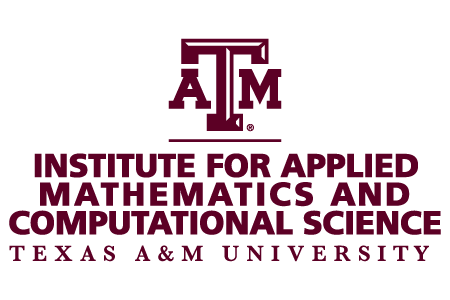James Scott, Professor, Department of Statistics and Data Science, University of Texas at Austin
Talk Title: “BART and its variations: three applications in obstetrics”
Abstract: In this talk, I will describe some of my group’s ongoing work to address statistical challenges in functional regression, with specific application to obstetrics, and with the overall public-health goal of reducing complications of pregnancy. I will first describe a general Bayesian approach for nonparametric regression, called “BART with targeted smoothing” (or tsBART). tsBART is based on a very popular nonparametric regression framework called Bayesian Additive Regression Trees (BART), but modified in some crucial ways to address what our medical collaborators have identified as some of the most common data-science motifs in obstetric research. I will then describe how we’ve adapted this framework in a variety of directions, to help answer three different questions in obstetrics research: (1) how to recommend an optimal gestational age of delivery that minimizes the overall risk of perinatal mortality in high-risk pregnancies; (2) how preeclampsia is related to birthweight in low-resource hospital settings, such as those common in lower and middle-income countries; and (3) how two different dosing protocols for early medical abortion compare in effectiveness over the first nine weeks of gestation.

